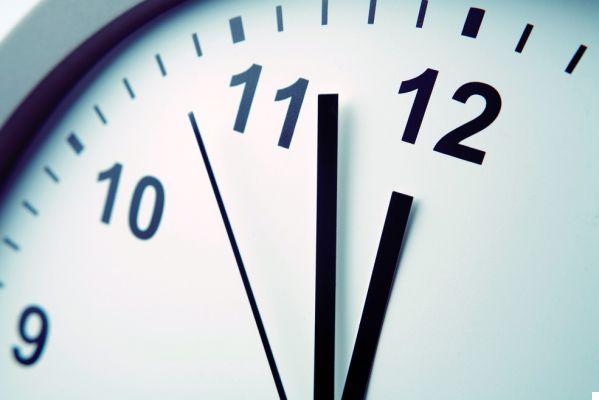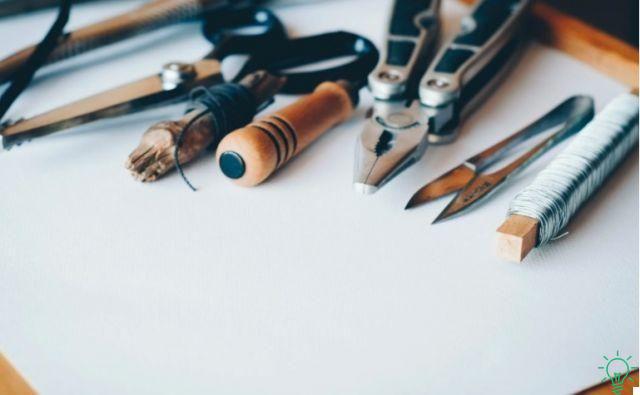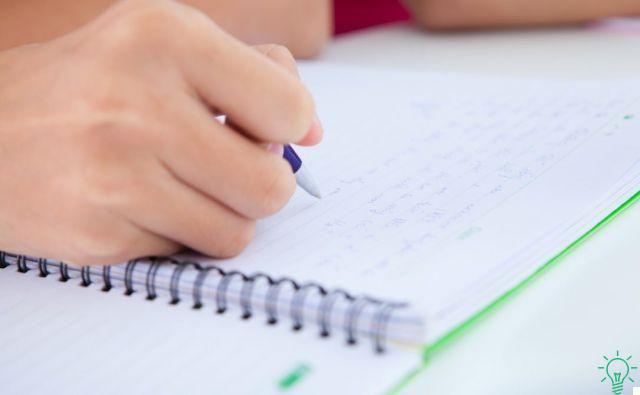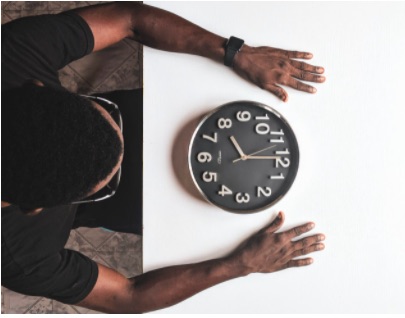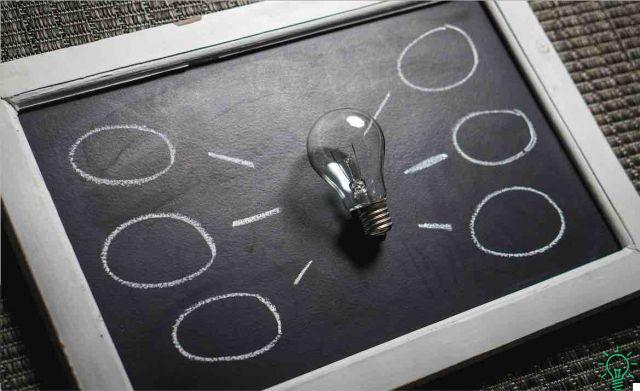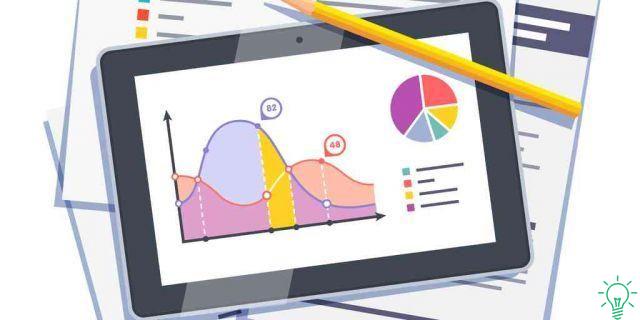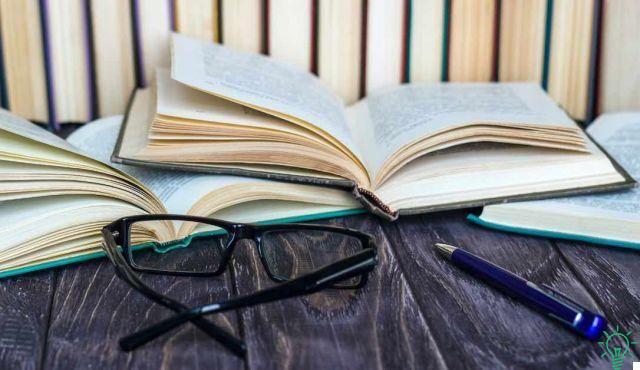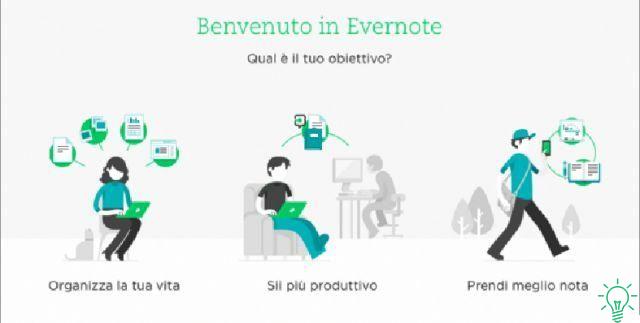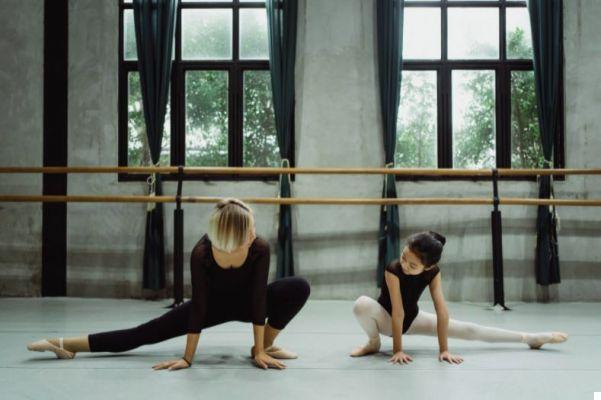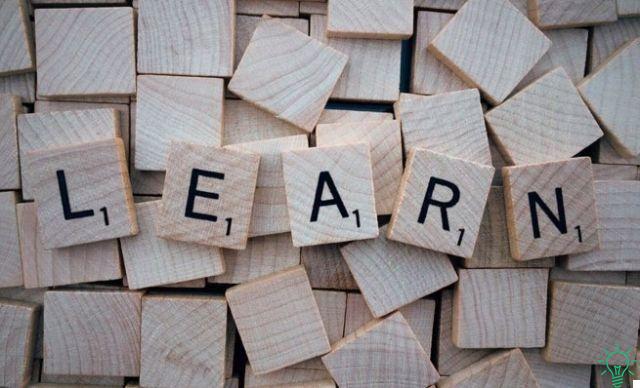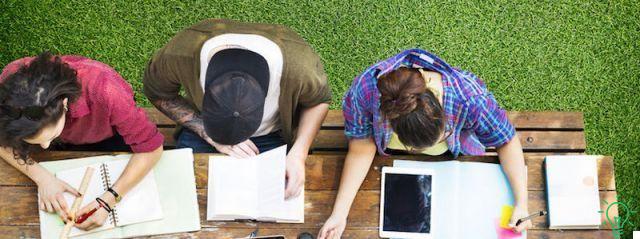
If there is one thing that all students would like to discover, it is how to study fast!
And so, they try and try a thousand tricks, techniques and strategies, which however rarely give them the desired results.
Why?
The main reason is that they do - without realizing it - a sensational mistake.
To explain this, I want you to think for a moment about how a car works ...
How about someone who, wanting to go faster, tries to press full force on the accelerator but forgets to take their foot off the brake?
Here, this is exactly what happens to many students who try to speed up their study.
They forgot to remove the brake, that is, they did not solve 3 fundamental problems:
- - awareness is lacking how they use their time
- Danno too much weight in detaili little important
- Forgiveness concentration continuously
Does it happen to you too? Then it's time to get down to business.
Because only when you have solved these problems will you finally be able to experience the thrill of speed as you turn the pages of the book.
Let's see how to do it together.
1. How to study quickly by improving your awareness
If you don't know what you do, how can you do it better?
Are you so sure you don't have enough time to study? You really know where your time is going? If you answer superficially, maybe you say yes.
But when you think deeply about it, you realize the answer is no.
How many times have you come to the end of the day and ask yourself “how is it that I only studied 10 scant pages?!? Where has my time gone?!?! "
You see, the fact is that between us and our time it is like a continuous dance. But you have to ask yourself who brings whom?
Without good planning and measurement systems, you will never be "in control" of your time and therefore you can only waste a large part of it.
Here then are two simple and effective control systems to not waste time.
A. Il Metodo Ivy Lee
It consists of 5 simple steps:
- Every night, plan on a sheet of paper the six most important things what you want to do the next day
- The next day, start working with the first one, and don't focus on the next one until you're done.
- After the first one, move on to the second one, and don't devote yourself to the next one without first having finished the second. And so on until you complete them all.
- If you don't finish the list, move to the next day unfinished elements.
- Repeat this pattern every day, every day.
This way, every day you will have a schedule and goals, and your productivity will naturally increase.
At this article you can learn more about the Ivy Lee method.
B. The diary of time
Every night for a week, write in a journal everything you have done and for how long you have done it.
Then answer these questions:
- What activities does most of my time go into?
- Am I satisfied with the way I used it?
- Are there things I spend too much time on?
- Are there things I keep putting off?
- When I hint at something, how many times do I interrupt or do I interrupt?
- Did I make the best use of my time? (this is the fundamental question!)
You may find:
- What steps a lot of time on books, but you study much less than what you think.
- What are you doing too many interruptions which inevitably damage the quality of your studio.
- That you spend a lot of hours in class, but what this time is not very productive.
- That there are things you do and redo, and others that you continue to rimandare.
It will become easier, once you have these insights, to take control of your study days.
Especially if you then continue with the good habit of keeping a diary, as I tell here.
2. How to study quickly by giving yourself priorities
I am sure that put on 20% of your clothes 80% of the time.
Or, to put it another way, that in your closet there are 20% of things that you put very very often, and 80% that you almost never put. Plus point, minus point.
So, to buy that 80% of things you use very little, you wasted time and money. And now you waste space to keep them.
That's why Marie Kondo, in her famous book on decluttering, makes you throw out half a wardrobe. Because in fact you don't use it and you don't need it, it's just annoyance!
But what does this have to do with studying?!?
# 1 Apply the Pareto principle to the study
Your closet is an example of Pareto principle or 80/20 principle. It is an empirical law of efficiency that goes something like this: for each activity there is a 20% of causes which brings 80% of the effects.
Or in other words, if you focus on what's really important, you get greater results in less time.
This principle is widely used in business: for example, normally 20% of customers bring 80% of the profits; or, as microsoft discovered in the 90s, 20% of software bugs lead to 80% of system crashes.
But in addition to being useful in business, it is a golden rule for those who want to study quickly.
To use the Pareto principle in the study it is essential to take the time to establish what is a priority, ie take the mass of stuff that makes up your exam e understand what matters most and what matters least.
To then have the courage to act accordingly, which brings us to the next point.
# 2 The importance of overcoming insecurity
Setting priorities and sticking to them is an activity very difficult for most students.
To cheat them is above all theinsecurity: the insecure student makes enormous efforts to try to learn everything and protect himself from failure.
Only trying to learn everything is difficult and exhausting, and therefore increases the risk of failure instead of decreasing it; you can find an example in the article in which I talk about a boy who, after having learned the memory technique of the keyword method, to learn German started from the letter A of the dictionary hoping to arrive one day at Z.
This is just the kind of mentality completely opposite to the Pareto principle!
Avoid her eat the plague, and find out how to divide what is important from what is not.
Prioritizing would seem easy, because we all have a "sense of priority", it is innate!
That is all of us, the precise question, we are good or bad able to identify (almost always) what is more important and what is less.
But this sense of priority is easily silenced and by the massing of small and large daily activities.
And therefore, when you reflect on what you have studied, often you discover that for a thousand reasons you have left out important things, even if you somehow knew they were.
For this reason, to the time diary you learned to do in the previous point, add a second tool, also very simple: the "priority check sheet".
#3 Priority check sheet
This is a list of your activities, not only for study, in which you assign a score from 1 to 3 to each. Where 1 indicates the highest priority, and 3 the minimum.
When studying, use the "priority check sheet" such as map to decide what to do first and what to do next. This way you will not work randomly, but according to the Pareto principle.
Because when you put things on a sheet of paper and formalize them with a score, you give structure and memory to your generic "sense of priority".
And just look at the paper to see how important what you are doing at any given moment is.
3. How to study quickly by improving your Concentration
Having concentration does not simply mean doing an activity, such as studying a book, and working on it without getting distracted.
True concentration instead it is a much more complex process in which, before even starting a business:
- you have analyzed and set goals
- you have prepared the environment in an optimal way
- you have the right state of mind to do it
- you have set aside the necessary resources
- you have planned the work and energy to do it.
In this way, even any afternoon study session takes on a whole other sense and from all other results.
To improve your concentration, there are two articles that I recommend that you read:
- Digital minimalism changes your life
- Overcoming the difficulty of concentration
- The great power of waking up in the morning at dawn
Conclusions on how to study quickly
Everyone who studies spends time on books.
Some, then, spend too much time: for some in fact studying means sitting in front of a book, often thinking about other things and without a clear idea of priorities and objectives.
But when you learn to study quickly, things change:
- you know exactly where your time is going and you plan it and direct it wherever you want
- you know what the most important things are and you always start with those
- you know how to truly focus by leaving the mind out of everything that doesn't matter
In short, you regain your time and energy and your days become much more productive.
Especially since, after a while, a virtuous circle is triggered.
That is, the more you learn how to study quickly, the easier it is for you to do it: you feel more motivated, you go to the classroom happier, your self-esteem grows, your skills multiply….
So here you are, when you study, you finally find yourself really driving, with your favorite song playing, as you proceed fast and safe pampered by a light breeze (... ok, maybe I have exaggerated a bit! it will be more of a problem as it was before).
A greeting. Anthony.





